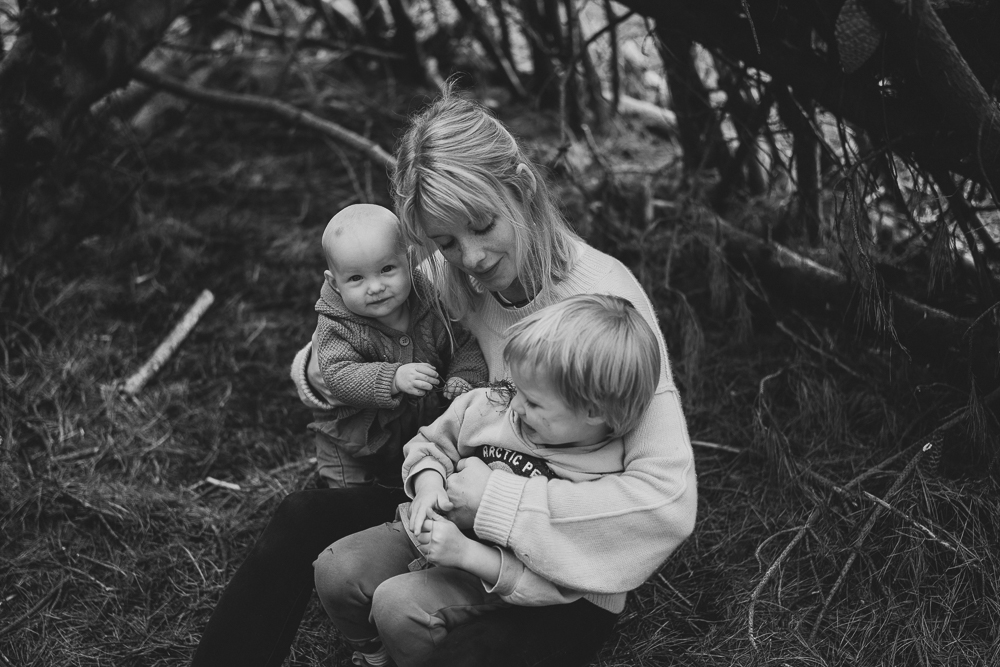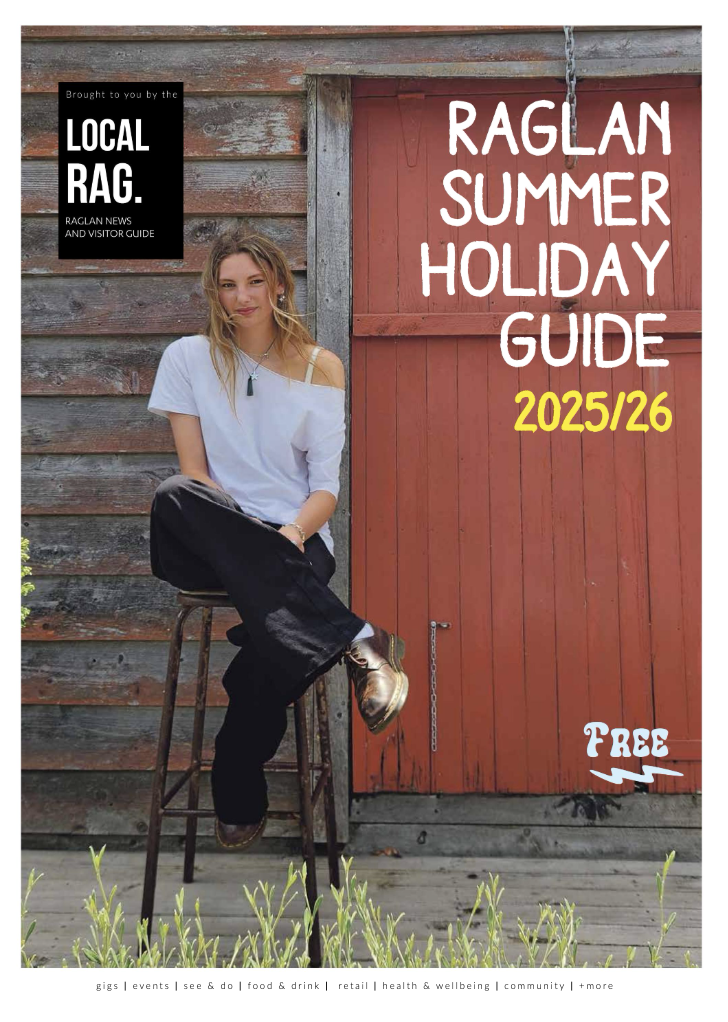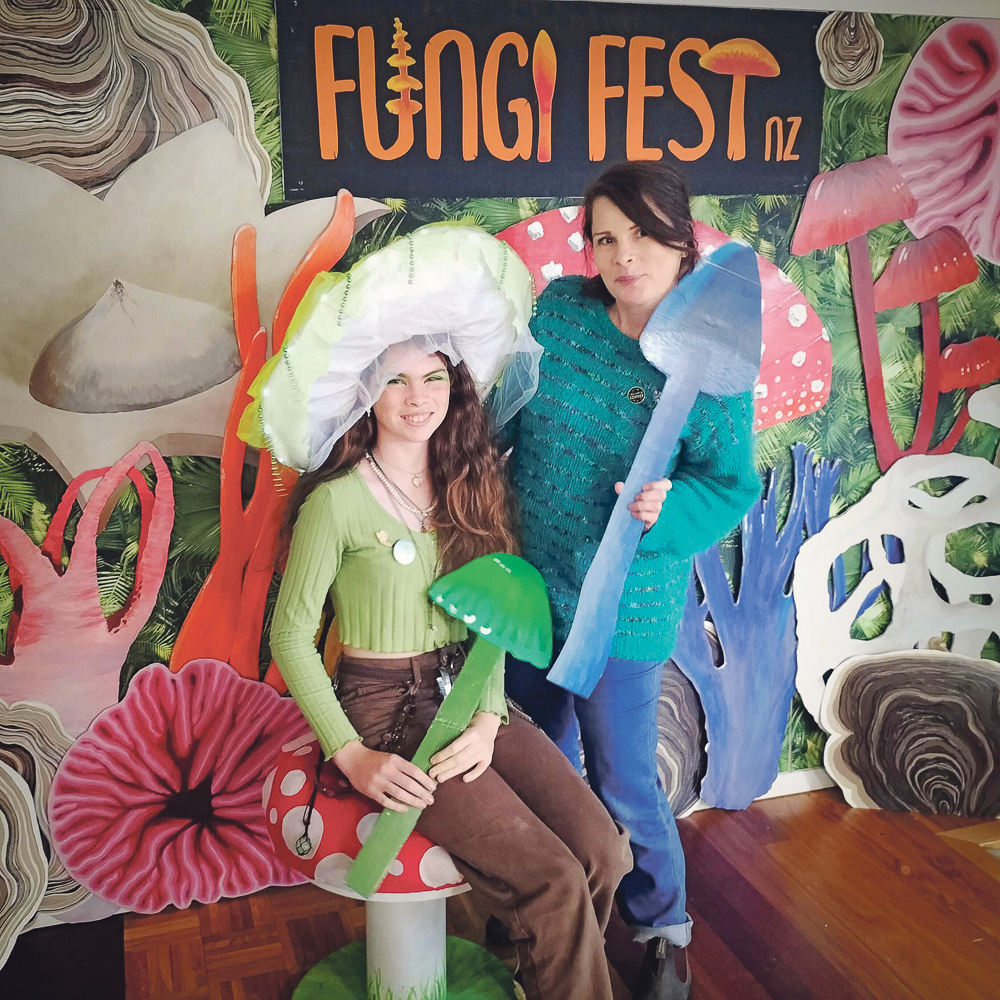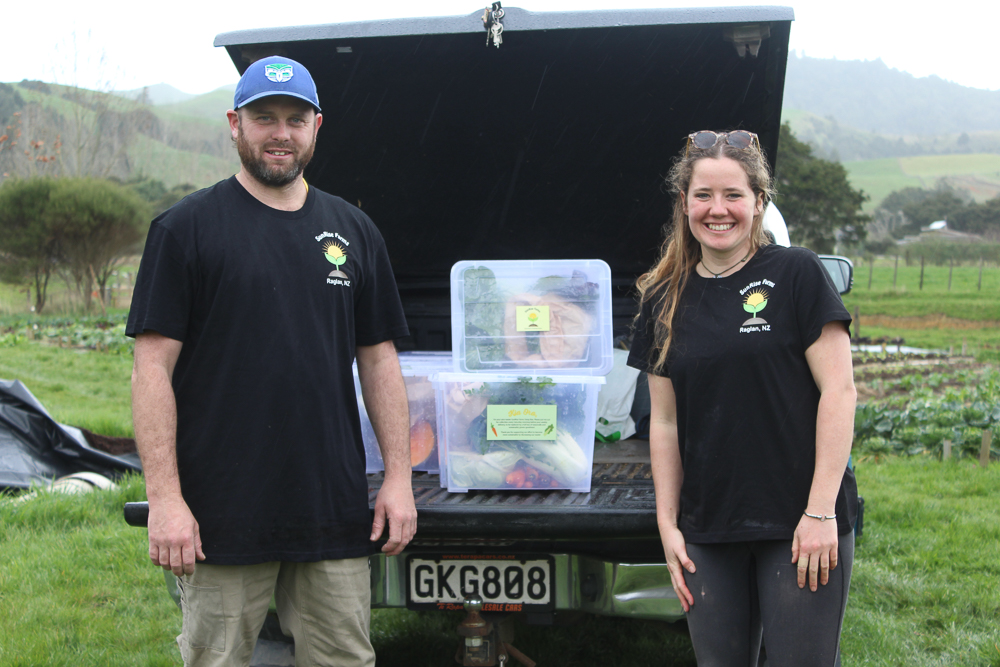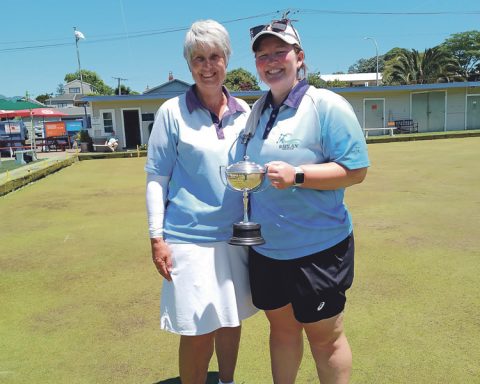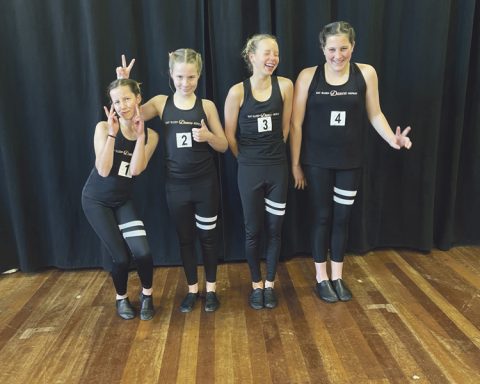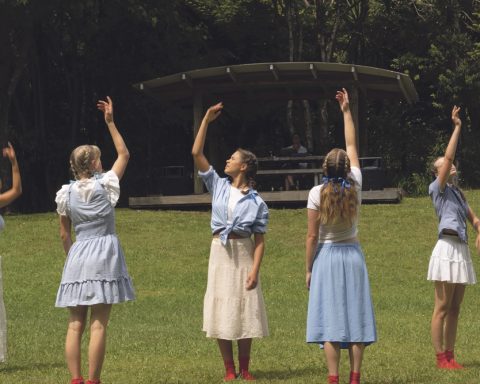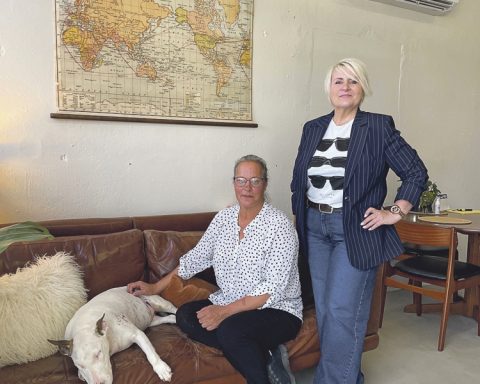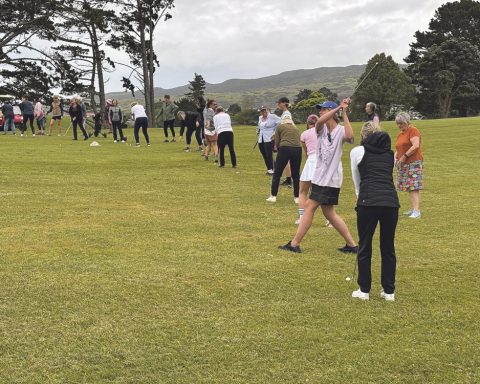Emily Edwards is a photographer and a mum who moved to Whāingaroa three years ago. We caught up to chat about how she ended up in Raglan, becoming a mum during Covid and how building community helped her move through that difficult time in her life.
What is your relationship like with your mental health and is it something that you consider everyday?
Oh definitely. I went through my 20s kind of nonchalant. I didn’t really think about it so much. I probably should have thought about it more but I was living in London, having a good time, with no responsibilities or anything. Then when I moved to NZ a lot of vulnerabilities came up because I was out of my comfort zone and away from my friends. That’s when it started to bring up some things. But really, it was becoming a mum. That’s what got me questioning and being more vulnerable. I became a mum during Covid. My baby was three weeks old when the first lockdown was announced. We were in Auckland. My sister was here in Raglan and my mum was visiting from the UK. I knew I couldn’t be in Auckland by myself with a newborn while my husband was working. So we ended up coming here. I was very lucky that my sister had space and we moved in for four months. I was very supported. But it was after that for me that I started to struggle. A lot of people support you in those first few months but once my baby was 11 months old, we moved down to Wellington and I was completely alone. It was one of my darkest times. Our baby wouldn’t sleep, my husband was working, I didn’t know anyone and then when I started work, I found it really difficult to transition and put him into daycare. For me, that’s when I started to realise the importance of people and community.
When you were in that space, what was it that kept you pushing through?
I remember listening to a podcast and someone said, “You will look back at this time and you’ll think, you’re so much stronger on the other side of it.” I thought to myself, I’m never coming out of this. I remember walking along Island Bay and seeing dolphins and knowing how special it was to see something so beautiful and how I should feel lucky, but I felt so empty. It was a horrible place to be in. I felt a lot of guilt for my little boy. I actually seeked counselling support. It’s so funny because in the session I was crying and she asked, “If you could live anywhere and have a community where would you be?” And it was Raglan. She asked why I wasn’t there and I said “I have a husband with a job and a community here.” Then I went home and told him and he just said, “We have to go.” So we moved here and then my baby started to sleep. It didn’t just change overnight. I realised I needed connection so I started to chat to people. I made a friend who put me on to a few people to do photoshoots with. I slowly started to build community. I’ve got my mum community and my photography community. As soon as you make one connection, then you make another. I felt immediately supported when I had my second baby. I thrived in the chaos of it but also because of the community and the connection that I had built. Then with my photography, I’ve got another community that aren’t mums. My whole theme in my photography is storytelling. It doesn’t matter what stage of life you’re at, I just want to meet and connect and take photos. Almost like a ‘Humans of Raglan’ type thing. I want to keep building that.
What was your relationship like with your mental health when you were younger?
I had a difficult time at high school, I felt quite lost and I had a bad incidence of being bullied for a long period of time, which led me to do things I wasn’t proud of, maybe a cry for attention…. I actually left school for a term and then returned, which was the reset I needed. I came back more confident and ended up having a great friendship, which I still have today. I look back now and although it was a hard time and I feel I could have been better than I was, it definitely shaped me into who I am now, which is hopefully strong and kind. I went to uni in my 20s and I felt so free. I just refused to be depressed or anxious, because I had such a tough time in high school, I just blocked it all out. I think going to uni is when I found my people. That’s when I really started to enjoy myself. My 20s were like, wow let’s go crazy, then my 30s are like, okay let’s figure this out.
What are some of the lessons you’ve learned?
I think the importance of just getting a coffee and speaking to the person who’s making it. Even if you don’t want to. Keep going with those little steps. It’s okay to feel lonely, but sometimes you have to work hard to get out of it. It starts with those baby steps. You’ve said hi to someone once, now they’ll say hi to you next time. There’s speaking out when you’re feeling low, even though it’s scary. I was so in denial that I’d ever feel that. I think you should try to find things that bring you joy. It’s taken me a while to realise the things that I love. Things that can just rest your mind for a while. I think when you’re in a deep hole, sometimes you get in your head so much and it builds and it builds and actually for me, it brought tension and headaches. So I think it’s finding that space and time to relax your mind and body and believe that you will get out of it. In the end, I do think I came out of it stronger. Now that I’ve experienced it, I feel like I can be supportive to others going through it.
What are some of the tools in your toolbox?
Now I’m out of the slump, it’s gratitude. Every time I’m a little bit down, that’s what I go for. I’m grateful for where I live, I’m grateful that I can meet you for a coffee at 10am on a Tuesday, and I think that’s because I’m happier now. If I’m ever feeling out of sorts, I walk on the beach. You just need that release sometimes. Let the wind blow through you.
